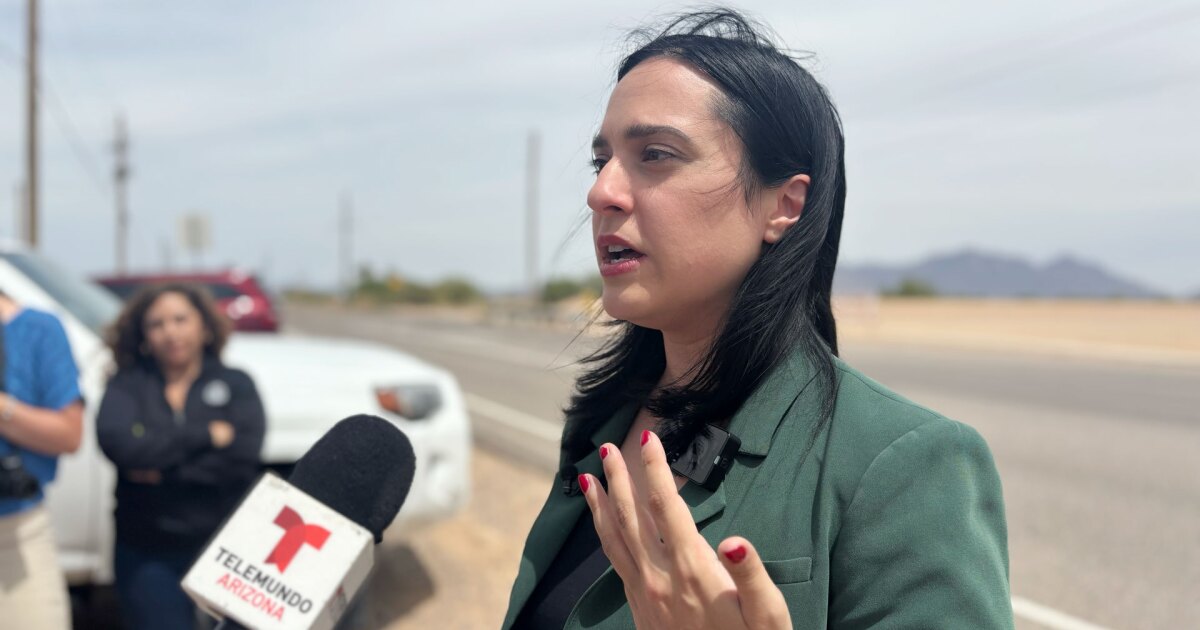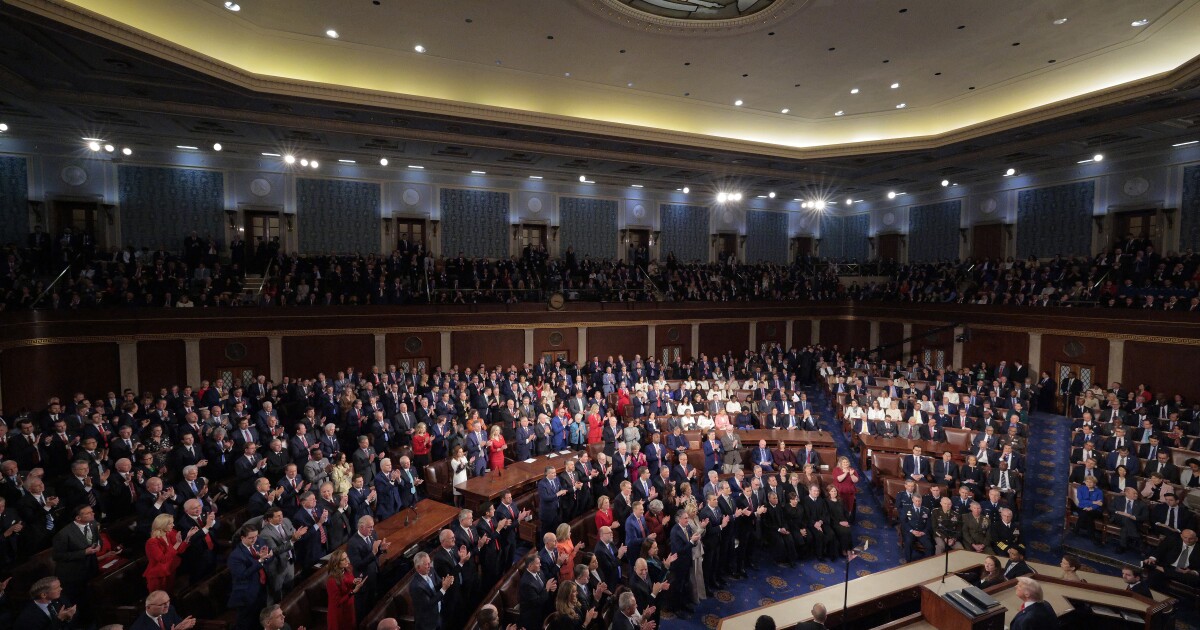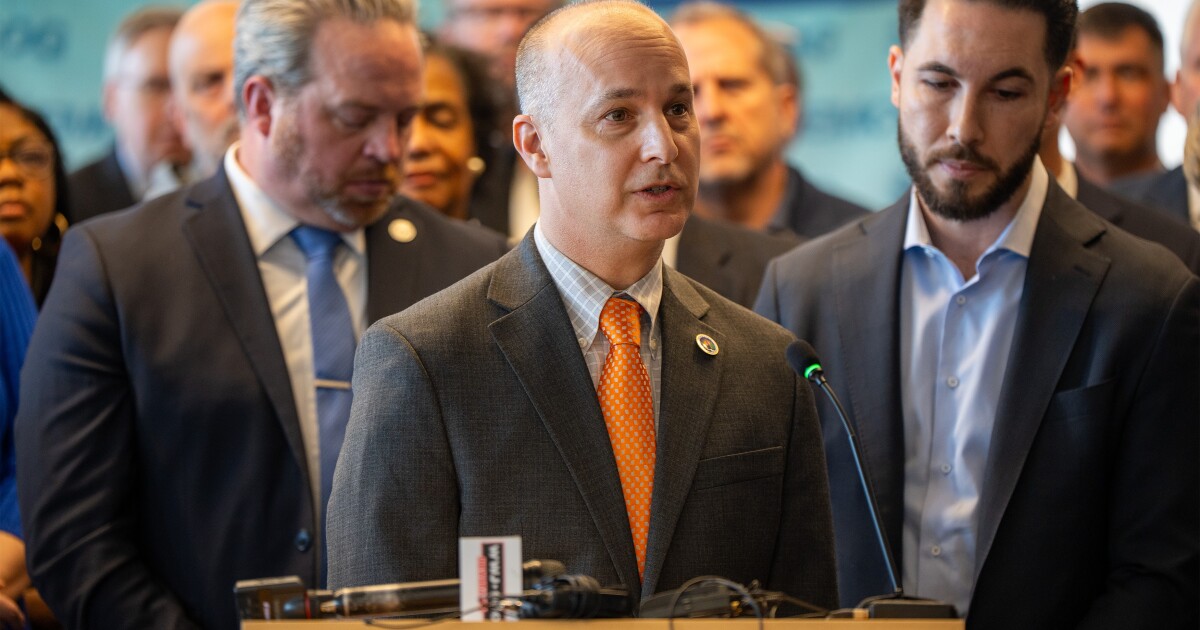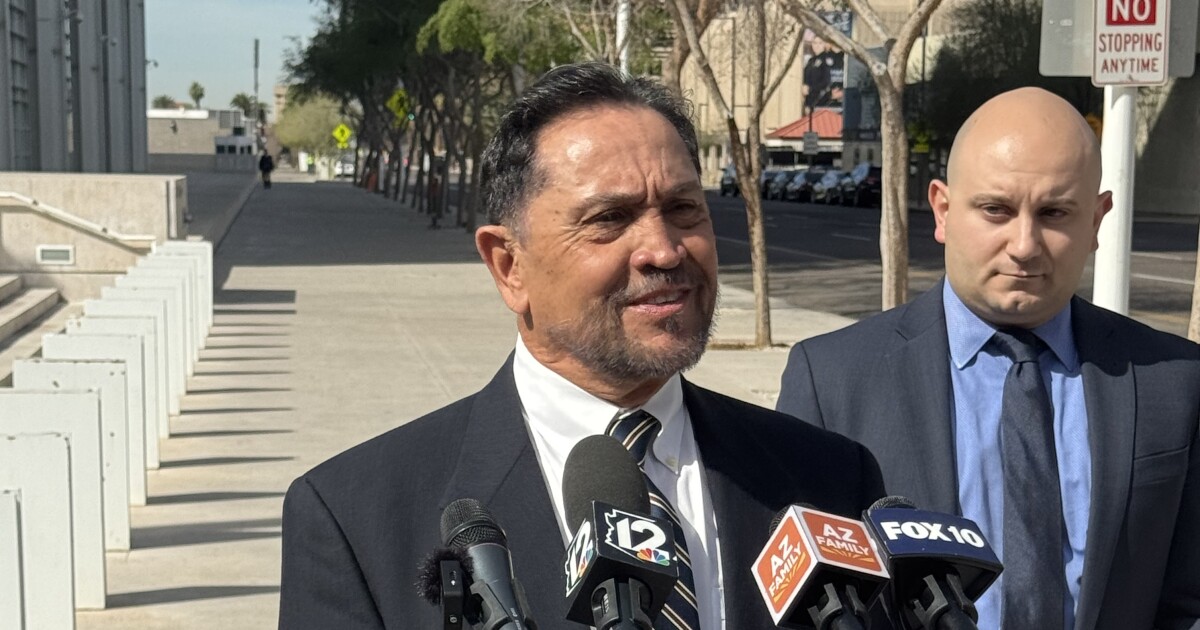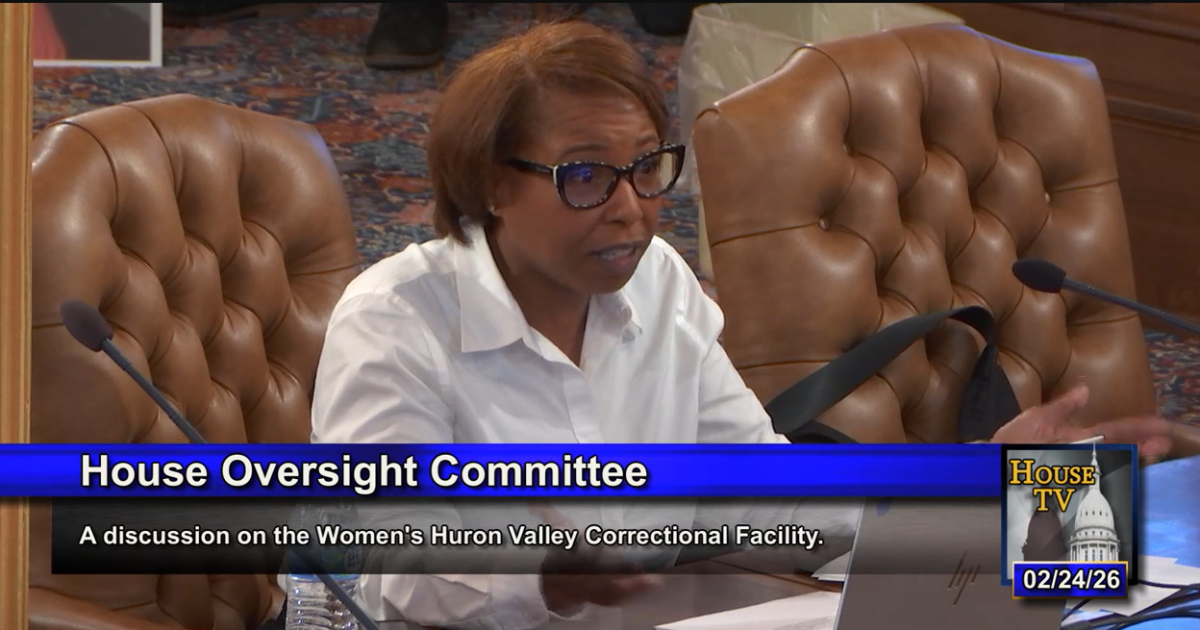Article Summary –
Education Support Professionals (ESPs) in Wisconsin, constituting about a third of public school staff, face significant challenges due to understaffing and low wages, with around one-third earning less than $25,000 annually, which complicates retention and prompts calls for an ESP Bill of Rights to ensure fair compensation and working conditions. Jamie Komorowski, a special education paraprofessional, highlights the broader impact of funding disparities in special education, stressing that adequate resources are crucial for meeting the diverse needs of students with disabilities, which benefits not only the individuals but also their families and communities. Becky Pringle, president of the National Education Association, criticizes the Trump administration’s impact on public education with funding cuts and private school voucher programs, urging the public to recognize the power they hold to advocate for better support for vulnerable students during American Education Week.
By Judith Ruiz-Branch
Wednesday is Education Support Professionals Day. As American Education Week progresses, Wisconsin educators are highlighting the vital role education support professionals (ESPs) play in schools and the challenges they encounter, particularly in assisting vulnerable students.
Jamie Komorowski, a Green Bay Preble High School special education paraprofessional, works one-on-one with disabled students. ESPs account for about a third of Wisconsin’s public school staff, but Komorowski argues this isn’t sufficient. She highlights how understaffing forces daily prioritization of urgent issues.
Retention issues plague ESPs due to low pay.
“Many love their work but can’t afford it because bills need paying,” Komorowski explained. “Poverty wages force tough decisions.”
One-third of ESPs earn under $25,000 annually. Komorowski supports a national push for an “ESP Bill of Rights” to ensure fair pay, affordable healthcare, paid leave, manageable workloads, and collective bargaining rights.
Funding inequities in special education present challenges, Komorowski added, arguing that special education’s benefits extend to students, families, and the community.
“We offer crucial opportunities to maximize potential,” Komorowski noted, citing lower funding rates compared to private schools.
Becky Pringle, National Education Association president, expressed concern over public education under the Trump administration, citing significant cuts and private school vouchers affecting low-income, disabled, and rural students.
“Diverting funds from public schools affects 90% of students,” Pringle stated. “This week is a reminder that change is possible.”
Beyond paraprofessionals, clerical workers, bus drivers, janitors, and aides are also ESPs. Education Support Professionals Day began in 1987 to honor all school support staff contributions.
This story was originally published by Public News Service.
—
Read More Wisconsin News




